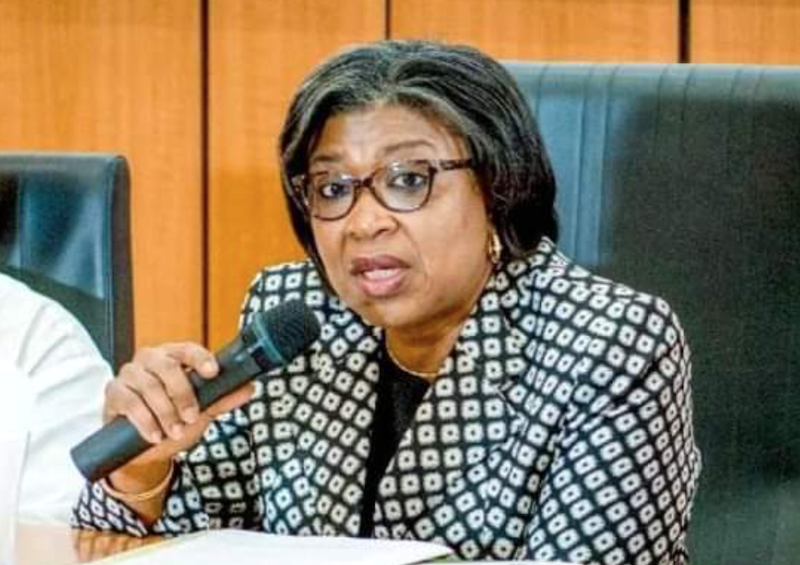The Debt Management Office (DMO), says it deploys certain economic tools and strategies in contracting loans for the Federal Government to ensure debt sustainability.
The Director-General of DMO, Patience Oniha said this in an interview with newsmen on Friday in Abuja.
Oniha spoke against the backdrop of a recent workshop for the Senate Committee on Local and Foreign Debts and the House of Representatives Committee on Aids, Loans and Debt Management.
According to her, DMO ensures that maturities of public debts are spread over a period of time to ensure sustainability.
“Maturities in the public debt portfolio are well spread to avoid bunching of maturities and to ease payments of maturing obligations.
“The domestic debt portfolio has securities with tenors ranging from 91 days to 30 years., while the external debt portfolio has securities ranging between five years to 30 years,’’ she said.
According to Oniha, there is a wide range of financial instruments such as the Federal Government of Nigeria (FGN) Savings Bond, Sovereign Sukuk, Green Bonds, a 30-year FGN Bond and a 25-year FGN bond available to investors.
“These options have helped to widen the investor base and provide products to suit the needs of every investor,’’ she said.
Oniha said that the DMO had started raising funds strictly for projects, adding that there was more control over such loans.
She cited the bilateral loans, the Sukuk, through which a total of N615.557billion was raised between 2017 and 2021, and the Green bonds, which generated N25.59 billion between 2017 and 2019.
“Bilateral loans are deployed to projects like rail and airports.
“From the Sukuk loans of N615, 557 billion, N365, 557 billion was deployed for the construction of 71 roads and six bridges, constituting 1,881 kilometres.
“Proceeds from the Green bonds were deployed to seven projects in various sectors, including renewable energy, agriculture, water, transport and afforestation,’’ she said.
The Director-General said that the DMO was also deploying debt management tools of the World Bank and the international Monetary Fund (IMF) to enable debt sustainability.
According to her, the tools include an annual Debt Sustainability Analysis (DSA) and Medium Term Debt Management Strategy (MTDS) every four years.
She said that the implementation of the MTDS 2020-2023 is expected to moderate the level of debt related risks like refinancing and exchange rate risk.
Oniha said that it would further improve the structure of the public debt portfolio.
According to her, Nigeria’s total public debt as percentage of the Gross Domestic Product (GDP) stood at 23.06 per cent as at June 30.
“It is within the 55 per cent threshold recommended by the IMF and the World Bank, as well as Nigeria’s self-imposed limit of 40 per cent set in the MTDS 2020-2023,’’ she said.
She said that exposure of the country’s total public debt portfolio to exchange rate risk remained moderate, as domestic debt constituted 60 per cent of total public debt.
Oniha said that target ratio under the MTDS was 70:30, with the DMO expecting to achieve the target by the end of 2023.
“The exposure to refinancing risk remains stable as a result of the strategy of issuance of long dated securities in the domestic and international markets,’’ she said.



